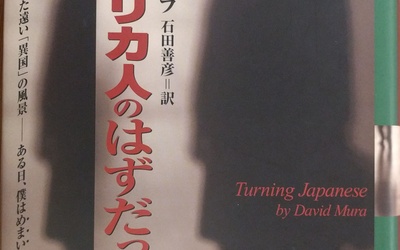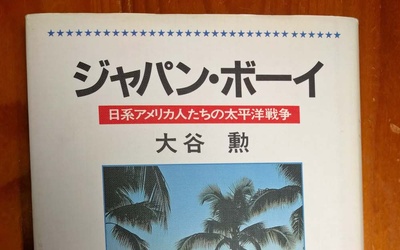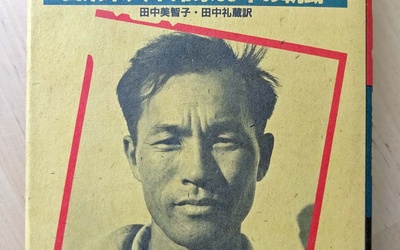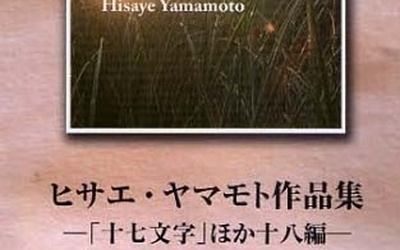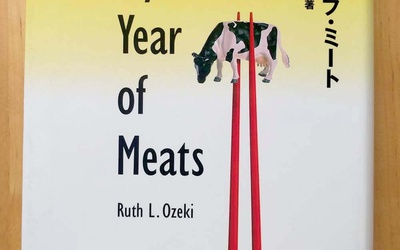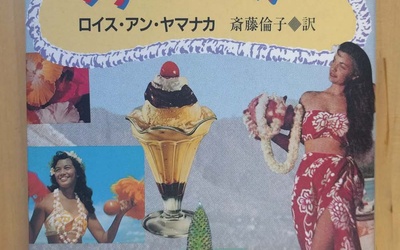Reading Japanese American Literature
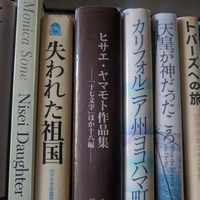
We will read literary works that intersect between Japan and America, such as novels written by Japanese Americans, works that capture Japanese American society, and works written by Japanese people that are set in Japanese America, and explore their appeal and significance while looking back on Japanese history.
Read from Part 1 >>
Stories from this series
Episode 18 (final episode) "I was supposed to be an American"
Nov. 10, 2017 • Ryusuke Kawai
David Mura, a poet of third-generation Japanese-American birth in 1952, has always wondered about who he is. He has never considered himself 100% American. His paternal grandfather came to America to avoid being drafted during the Russo-Japanese War. His father, a second-generation American, grew up as an American and was put in an internment camp during the war, but was successful in American society after the war. In the process, he changed his name from Katsuji Uemura to Tom Mura, …
17th 『Japan Boy』
Oct. 27, 2017 • Ryusuke Kawai
Among Japanese Americans, there are people called "Kibei" (returning Americans). They were born in America, but were educated in Japan during their childhood and then returned to America. They are called Kibei because they return to Japan once and then to America (the U.S.). In addition to referring to the person themselves, Kibei is also used as an adjective, such as "Kibei Nisei." Most Issei men who emigrated from Japan married Japanese women and eventually had children. Many of them …
16th "Ganbatte - 60 Year Journey of a Japanese American Revolutionary"
Oct. 13, 2017 • Ryusuke Kawai
A life of fighting for conviction For second and third generation Japanese Americans, the word "ganbatte" (do your best) is one of the most memorable Japanese words that express the Japanese spirit. Carl Yoneda (1906-1999), author of "Ganbatte: The 60-Year Journey of a Japanese American Revolutionary," was a man who, based on his own beliefs, continued to work hard throughout his life with strong will. In "Ganbatte," he looks back on his life, which can be considered a history of …
15th "Collection of Hisae Yamamoto's Works - "Seventeen Characters" and 18 other pieces"
Sept. 22, 2017 • Ryusuke Kawai
Born in August 1921 in Redondo Beach, Southern California, Hisaye Yamamoto was one of the earliest Japanese American writers and gained national recognition as a short story writer in the postwar period. Her parents were immigrants from Kumamoto Prefecture who grew tomatoes and strawberries in Southern California. Although she grew up in a rural Japanese community, she began writing in her teens and contributed to the Japanese newspaper "California Mainichi" before the war. He studied at Compton College, majoring in …
14th "Year of Meat"
Sept. 8, 2017 • Ryusuke Kawai
Being a Japanese minority in America is a major creative motivation for the novelist, and his work often focuses on his identity as a minority. The protagonist of Ruth L. Ozeki's debut novel, My Year of Meats (1998), is a Japanese-American television director named Jane Little Takagi. Many Japanese people appear in the story, including Akiko, a Japanese housewife. The story unfolds and exposes the dark side of the meat industry, which is a symbol of American society, and criticizes …
13th "Wild Meat and Brie Burger"
Aug. 25, 2017 • Ryusuke Kawai
Hawaii has the oldest history of Japanese immigration in the United States. The people who live there are a diverse range of races, including Asians, whites, Hispanics, blacks, and native Hawaiians and Polynesians, and the cultures that each of these people brings, combined with the unique nature, climate, and customs, have created a unique culture. Language was one of these factors. In addition to regular English, pidgin English, a form of English mixed with local words, was also developed and …

